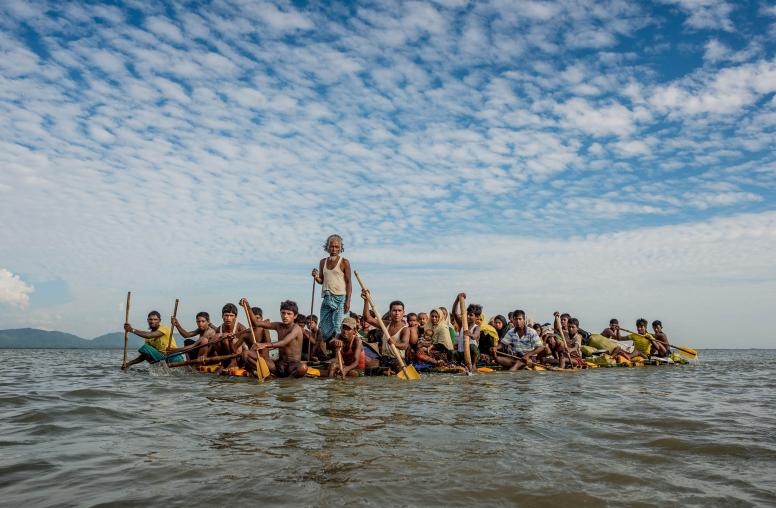The Global Security Threat Posed by Southeast Asia’s Criminal Enclaves
In the past two years, transnational crime syndicates have rapidly metastasized throughout Southeast Asia, luring job seekers to the region with lucrative promises only to force them to work in advanced online scams or illegal gambling activities. These transnational crime syndicates are embedded within — and protected by — powerful networks of businesses, corrupt officials and local armed actors with vested interests, allowing them to operate unhindered. So far, they have targeted victims in more than 40 countries, including the United States. The danger that these transnational criminal networks pose to regional and global security warrants serious attention and requires a robust response.
On July 18, USIP hosted experts from the region for a conversation on cyber-enabled transnational crime in Southeast Asia. The discussion examined the connection between human trafficking and cybercrime, explored linkages to regional criminal networks, and assessed the peace and security threats to the region, the United States and the world.
Continue the conversation on Twitter using the hashtag #SEAsiaCrime.
Speakers
Jason Tower
Country Director, Burma, U.S. Institute of Peace
Jacob Sims
Senior Technical Advisor on Forced Criminality, International Justice Mission
Alvin Camba
Assistant Professor, Josef Korbel School of International Studies
Cindy Dyer
U.S. Ambassador-at-Large to Monitor and Combat Trafficking in Persons



